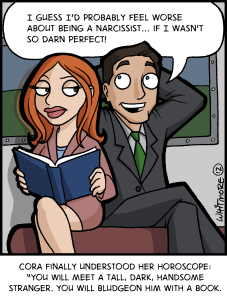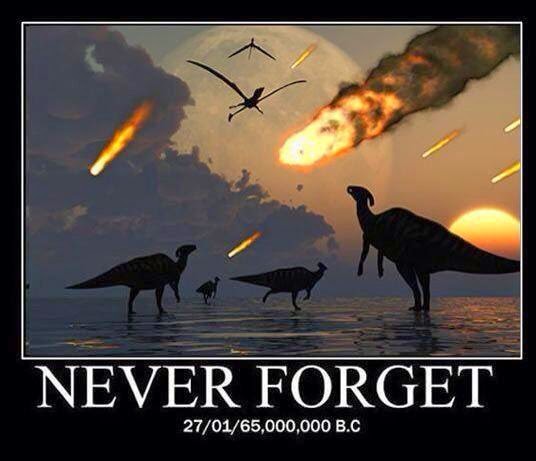Here’s an overview of 25 psychological biases with a short explanation of each.
Confirmation Bias – We interpret new information as confirmation of our existing beliefs.

Availability Bias – We rely on information that comes to our mind easily/the quickest.
Action Bias – We favor action over inaction. That’s why we sell or buy prematurely.
Overconfidence – We overestimate our own knowledge and ability. Often because we know too little to understand better. (Less knowledge => more confidence)
Survivorship Bias – This is a sample bias that occurs when we assess only successful outcomes and disregard failures.

Reactive Devaluation – Automatically devaluing opinions from opposing sites or people you dislike.
Ostrich Effect – The tendency to avoid negative (financial) information by pretending not to see it.
Illusion of Validity – Our tendency to overestimate our ability to accurately interpret and predict outcomes. We draw conclusions to make a story coherent and then ignore possible alternatives completely.
Hyperbolic Discounting – We are wired to prefer instant gratification (e.g. payouts). Even when offered significantly more in the future.
Post-Purchase Rationalisation – After a buying decision, we immediately erase all doubts and rationalize our decision. This works combined with the confirmation bias.
Illusion of Asymmetric Insight – We often believe our knowledge surpasses the knowledge of our peers.
False Consensus Effect – Too often, we overestimate the degree to which others agree with us.
Egocentric Bias – Tendency to ascribe oneself more responsibility for success than others or outside factors (e.g. luck or circumstance).
Pro-Innovation Bias – The tendency to overweight the possible usefulness and oversee risks.
Choice Supportive Bias – When we choose something, we feel positive about it. We disregard flaws or mistakes in our logic and switch to a state of cognitive ease.

Self-Serving Bias – We conceive our failures as situational while we claim full responsibility for our successes.
Curse of knowledge – Once we know something, it’s hard to imagine that other people don’t. We automatically assume that everyone else knows it, too.
Dunning-Kruger Effect – The less you know, the more confident you are. The more you know, the less confident you are.

This effect is similar to WYSIATI (What You See Is All There Is)

Belief Bias – We determine the strength of an argument based on how plausible its conclusion is to us, not by how strongly it supports that conclusion.
Escalation of Commitment – We remain committed to things we already invested in.
Pulling out of them feels like a waste of resources. This even applies if pulling out is obviously the best option.
Gambler’s Fallacy – We tend to think that past events affect future possibilities.
Zero-Risk Bias – If a risk is considered small, we assume there is no risk at all.
Outgroup Homogeneity Bias – We perceive outgroup members as homogenous and ingroup members as more diverse.
Clustering Illusion – We always look for cause-effect relationships. Thus, we find patterns and clusters even in totally random data.
Blind Spot Bias – We overlook biases in our own decision-making and see them more in others.
Recency Bias – We tend to put too much weight on recent events.
When things are great, we think they will get only better.
When things are bad, we think they will get only worse.

Credit:
Daniel
·
Hey, I’m Daniel, 22 years old and currently studying Economics and Finance.





 Many of the points mark the middle of an age range that scientists have identified, which means they are all determined by averages. Some are also surveys, not controlled trials, so there is a possibility the self-reports don’t capture the most accurate picture.But in many cases, the numbers keep cropping up for a reason, which is that life isn’t a downhill slide from youth.Here’s what you have to look forward to.
Many of the points mark the middle of an age range that scientists have identified, which means they are all determined by averages. Some are also surveys, not controlled trials, so there is a possibility the self-reports don’t capture the most accurate picture.But in many cases, the numbers keep cropping up for a reason, which is that life isn’t a downhill slide from youth.Here’s what you have to look forward to.
